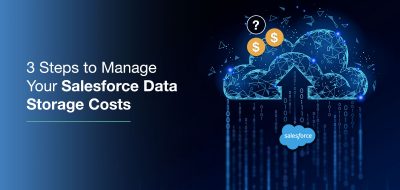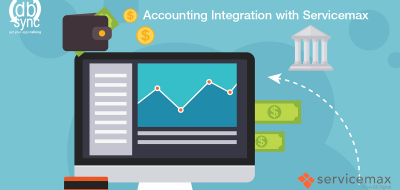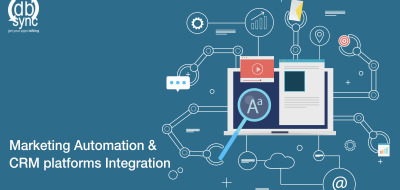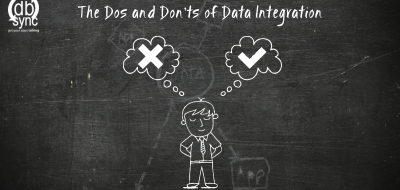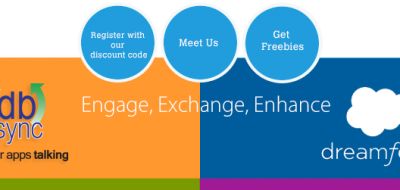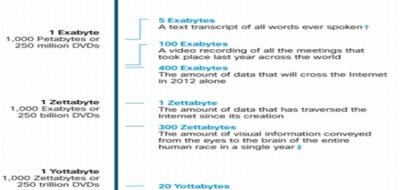How US Compliance Leverages Automation to Improve Project Billing
In our conversation with Tim Stevenson, Partner of Finance for U.S. Compliance, we discuss the different issues they faced in streamlining their company’s project billing. They came to DBSync to improve the timeliness and accuracy of their billing by automating their data workflows between Microsoft Dynamics and their accounting system, QuickBooks. Tim shares some of
CONTINUE READING



